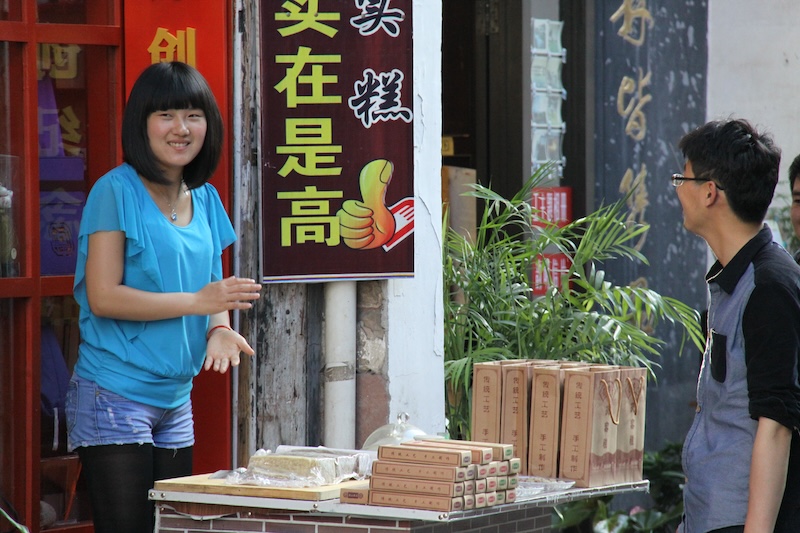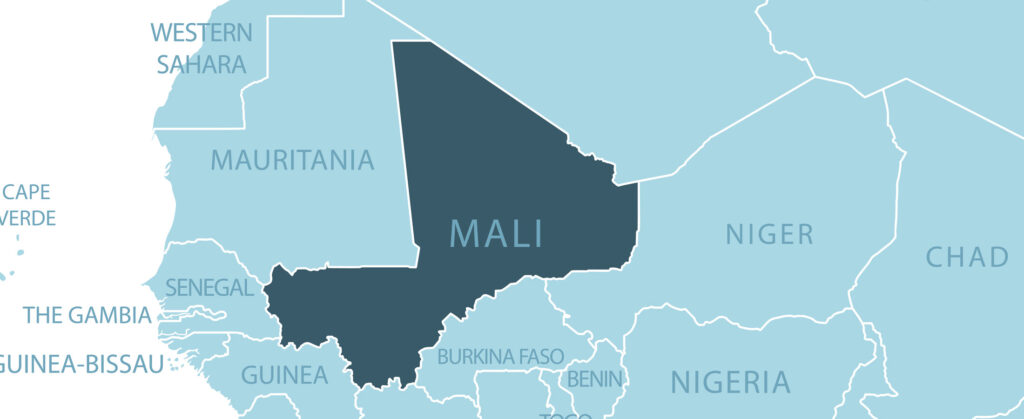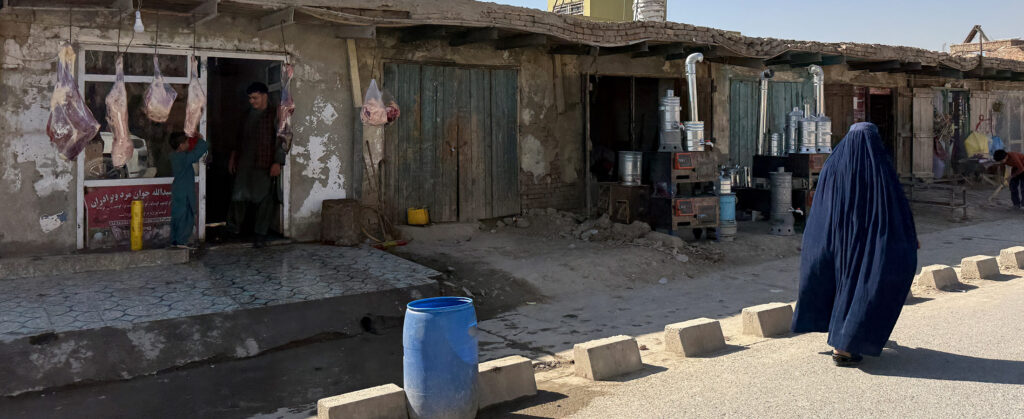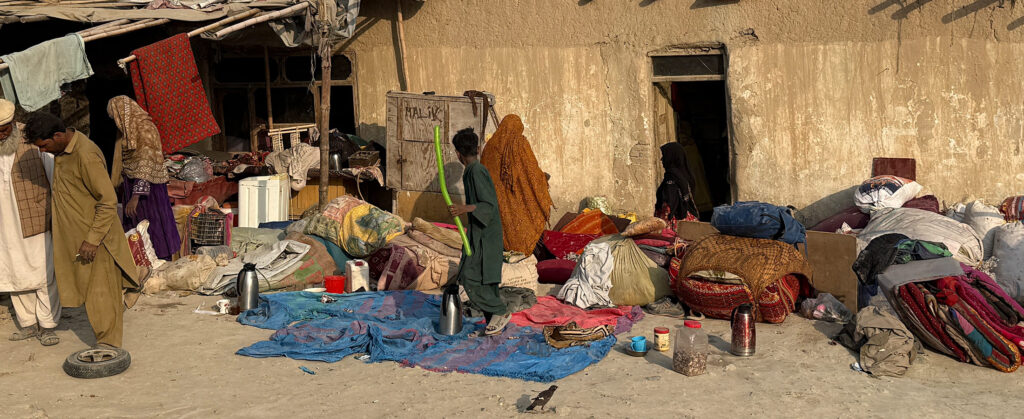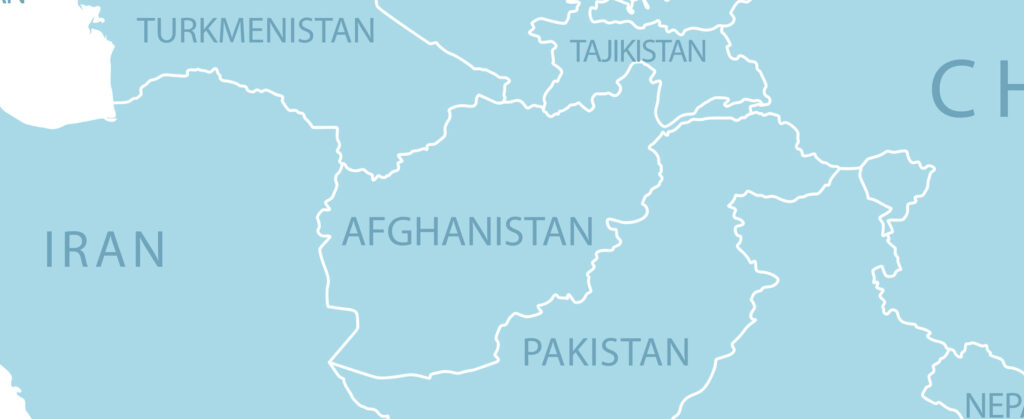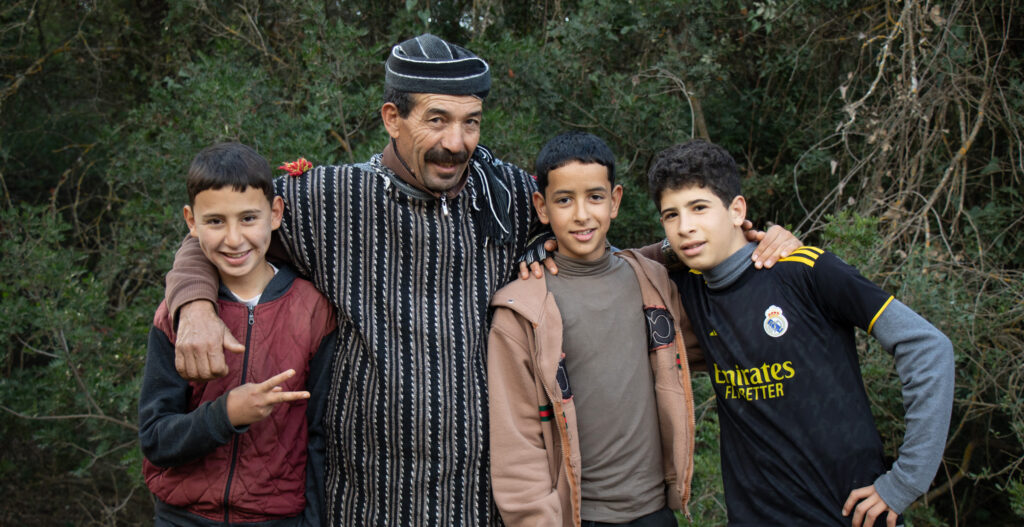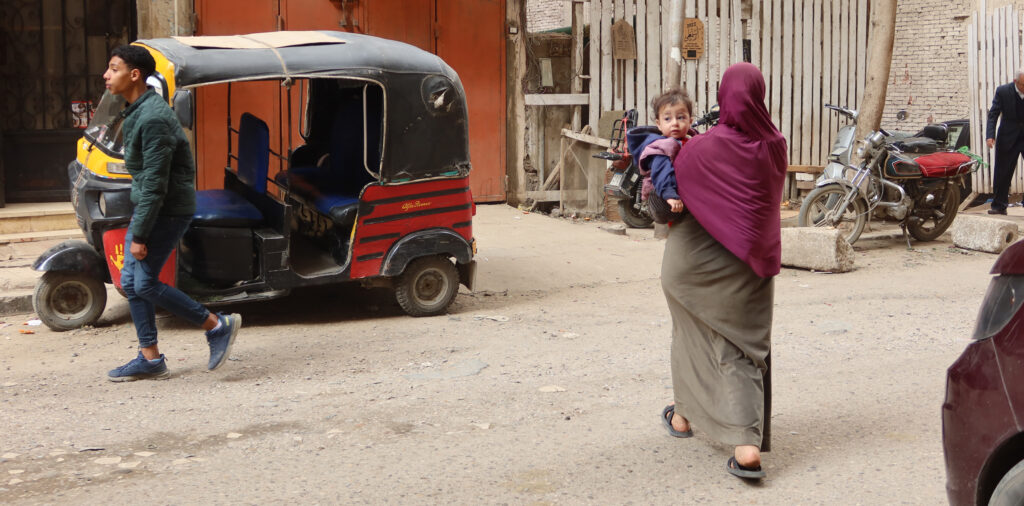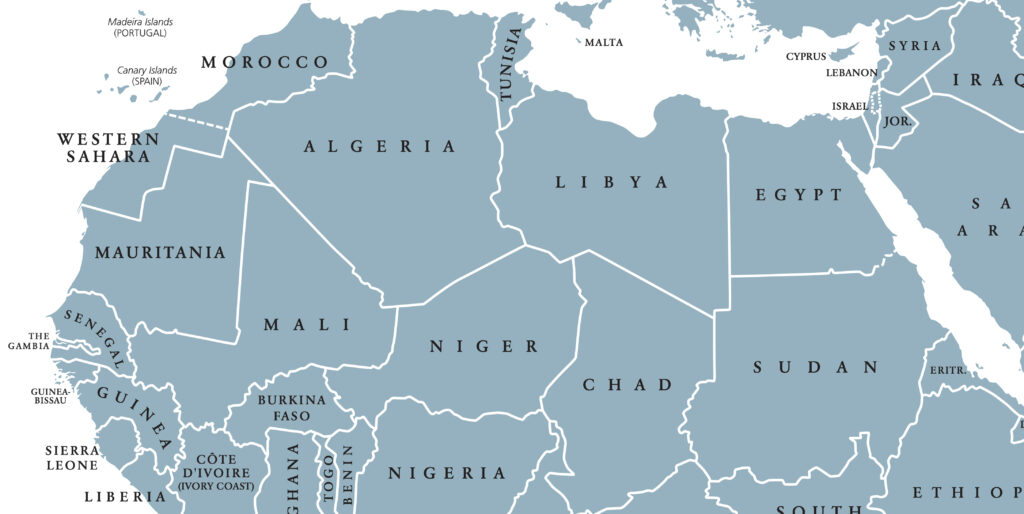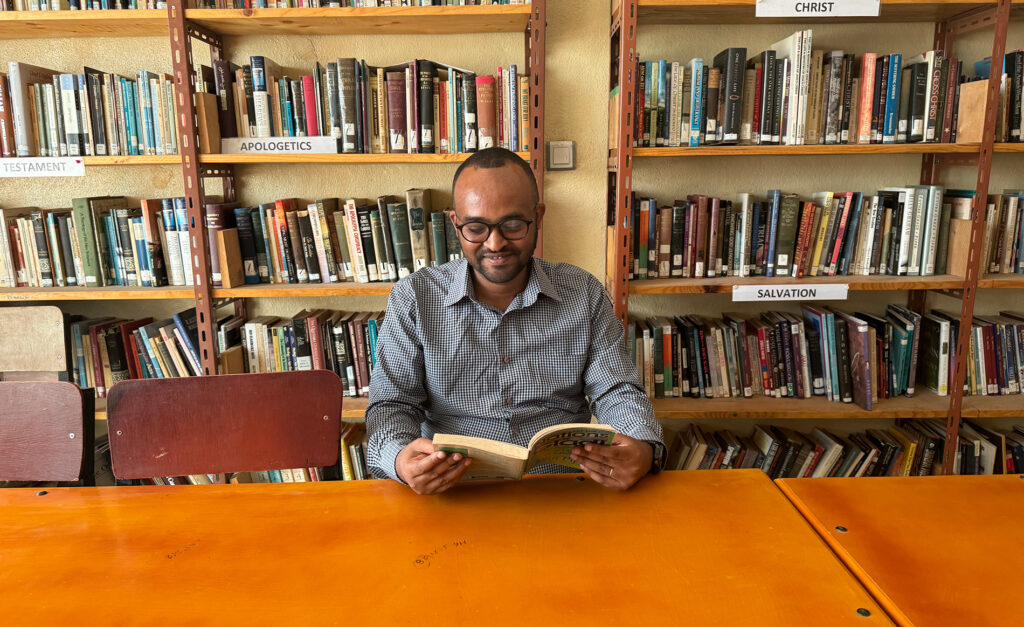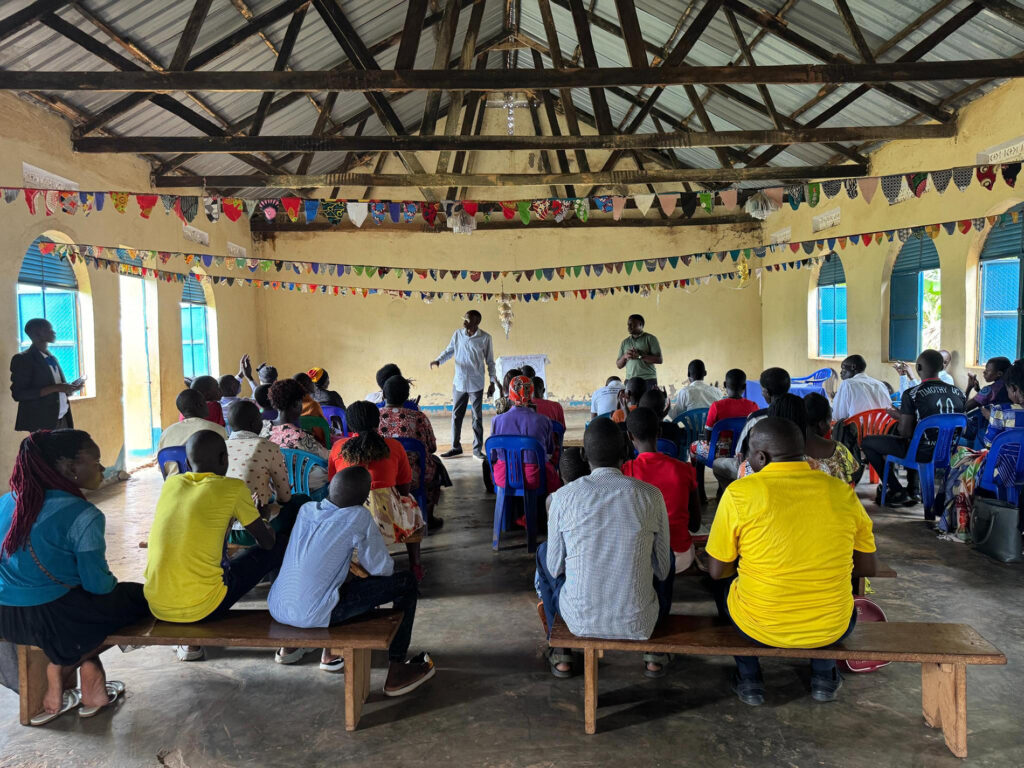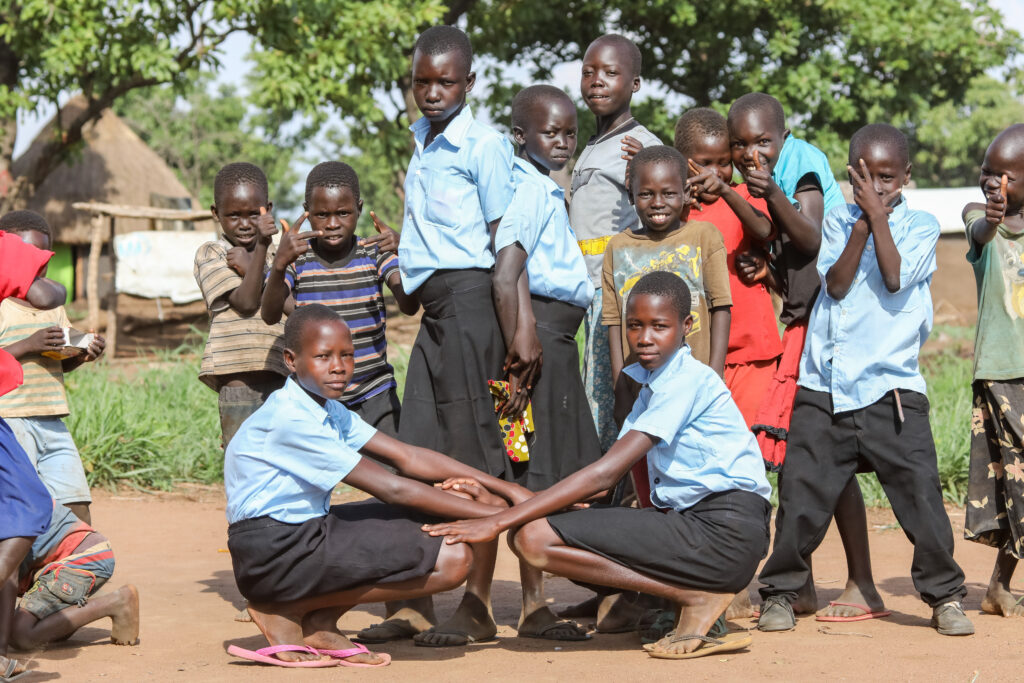“If it wouldn’t be a crime to preach the gospel, then China would be the nicest place to live in the whole world.”
—A Chinese Christian leader
There are two Chinas. One is a prosperous country that the government likes to show the world with advanced technology and a population that lives well. There are good roads, high-rise buildings, and fancy shops. There is opportunity and education. Life is good, but people are not happy. ICR contacts say people are motivated by fear, and the prosperity is mostly for people in urban areas.
“Everyone has to fulfill their role and contribute something to society, otherwise they will face consequences,” an ICR field worker said.
And there is no freedom, including freedom of worship. And in that China, not being able to worship freely, live out your faith, and tell others about your hope makes China a difficult place to live for Christians.
THERE ARE TWO TYPES OF CHURCHES that live in this dualistic world. The first is the government-recognized Three-Self Church (Three-Self refers to “self-governed, self-funded, self-propagated”.) In these official churches, pastors are employed by the state. Their sermons must be prepared ahead of time and sent to government censors. These censors take out everything related to Jesus’ death and resurrection, and sin. What is left to preach on then, according to Chinese Christians, are feel-good messages and patriotic themes.
The Three-Self Churches are forbidden from teaching anyone under 18 the message of the gospel, but some do so anyway, albeit quietly. If the church wishes to help the poor, they first have to submit a list of names to government minders. They decide who gets help.
The other kind of church in China are the unregistered churches, sometimes known as house churches. And while in rural areas these churches might meet in homes, in cities, these unregistered churches cannot meet openly in their homes, where their neighbors can see and hear them.
Because these churches refuse government control, they are free to teach what they like. However, because of a lack of theological training in China, it is easy for unregistered churches to latch on to false teachings.
ANOTHER CHALLENGE IN THIS DUALISTIC China that contributes to Christians not knowing the truth of God’s Word is a lack of Bibles. China does print a small number of official Bibles, which are available through the Three-Self Churches. These Bibles are expensive. They also print a large number of Bibles – in foreign languages for export.
Christians in China are forced to illegally print Bibles. Though they have the same content, the illegally printed Bibles do not contain the official government seal on the front page and possessing an illegal Bible can have serious consequences. Getting caught distributing illegal Bibles has resulted in huge fines and long prison terms for Chinese believers.
It’s also getting more difficult to print Bibles illegally: the government monitors the amount of paper, ink and other supplies that printers purchase and compares them with their final products. If the numbers don’t match, a printer can face prison time.
Christians in China are under pressure because the government sees them as cancer. They can’t control them, and their first loyalty is to God, rather than government. Therefore, they treat Christians like cancer; you keep it as small as possible, or you remove it altogether.
“This is the reason why the government is really trying to persecute the church and to stop it,” an ICR field worker said. “So that it can’t grow.”
ONE OF THE WAYS THE GOVERNMENT LIMITS church growth is by making it illegal to teach children anything religious. But like you and I, many dedicated Chinese Christians believe it is crucial to teach children about Jesus when they are young, so his teachings can be a guiding light for their lives. ICR supports faithful Christians like these with Christian children’s material, Sunday school material, training, and even secret Bible camps.
Xiaoyan secretly teaches children about the Bible. Earlier this year, she was teaching three children in her home. It was a hot day, and the window was open. A passerby heard Xiaoyan mention Jesus, so she went straight to the police and reported her. The police immediately arrested Xiaoyan and fined her the equivalent of $2,250. Prison stays for women are usually only about 15 days, but they can go up to three years. (Men generally stay in prison much longer.) Until now, ICR hasn’t heard when she will be released.
Under Xi Jinping’s leadership, it doesn’t appear that the pressure will ease on Christians in China anytime soon. In the meantime, they find creative ways to meet for worship. For some, this is what worship looks like for believers in unregistered churches.
They never meet on a Sunday because they know that’s when authorities will be looking. They cannot even meet once a week because that is too often and will attract attention. They rent a room in a hotel and tell housekeeping they aren’t needed. They arrive one or two at a time, staggering their arrivals and departures. When they are together, they speak in whispers, singing only quietly. “This is what they miss the most – the loud singing and praying,” an ICR field worker said.
When he met with Chinese believers earlier this year, they asked him to ask Christians around the world to pray. “Pray for us in China and pray for a change, because the situation is getting more and more tough,” they said. “But we believe that it is possible for God to bring big changes in China.”
